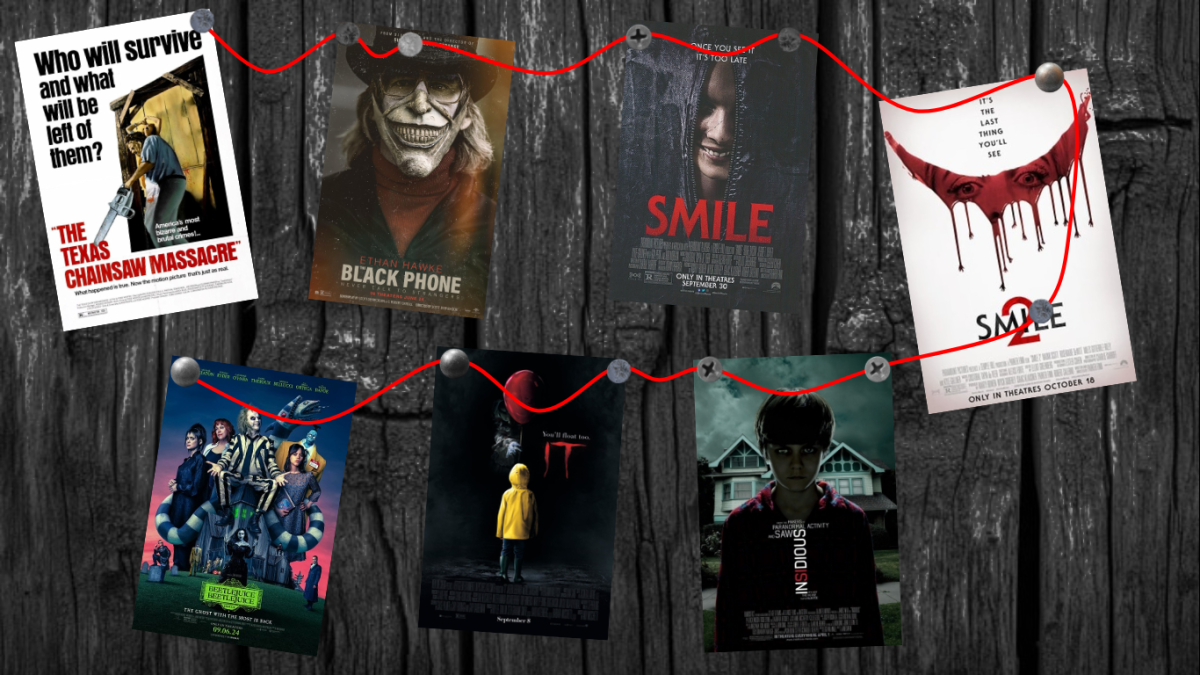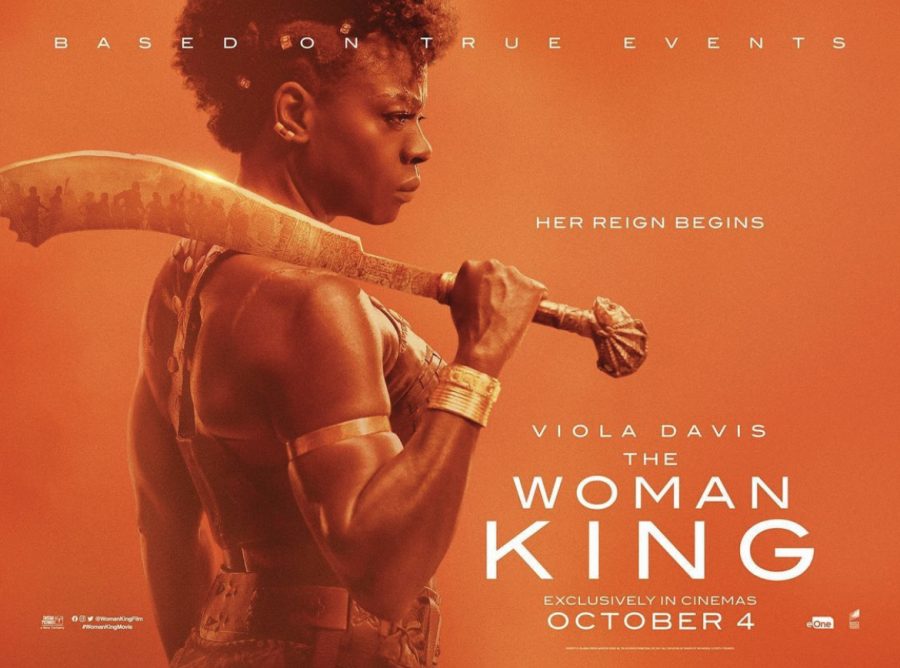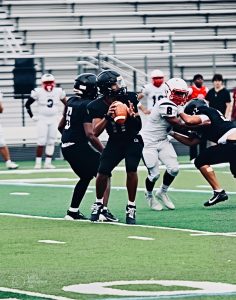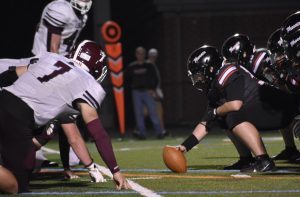Family vs. Career: Generational Issues Brought to Light by “The Woman King”
“The Woman King,” the historical epic film directed by Gina Prince-Bythewood, highlights concurrent issues of feminism and community.
Promotional image for “The Woman King” via Instagram (Sony Pictures)
Based on true events, “The Woman King” is centered around African female warriors called the Agoji ,who strengthen their powerful skills in order to protect their Kingdom of Dahomey in the 1800s.
October 13, 2022
As people of color, we were able to appreciate the representation and overarching theme of equality and feminism in “The Woman King.” However, as women of color, we were equally disappointed to notice the striking parallelism between some of the challenges women faced in the movie and the modern world.
“The Woman King,” the riveting and action-packed historical epic starring Academy Award winner Viola Davis as Nanisca (Woman King) and Thuso Mbedo as Nawi, tells the story of the Agojie, the first all-female warrior unit, and their Kingdom of Dahomey located in West Africa in 1823.
Nanisca, the General and prime leader of the Agojie, gave off strong independent energy, asserting her dominance and power among the people of Dahomey in the opening scene. Not interested in the restrictive marriages her father tries to sell her into, Nawi, a nineteen-year-old Dahomey woman, walks into the palace after being kicked out of her house and sees a world of skilled women. The rest of the first half of the movie revolved around Nawi and her initiation into the warrior unit after being offered to King Ghezo (John Boyega) by her father. We thought this introduction to the characters was necessary and allowed viewers to understand Nawi better.
Eventually, Nanisca and Nawi cross paths, and Nanisca’s attitude towards Nawi’s arrogance makes it clear that their relationship isn’t off to a smooth start; however, the second half of the movie highlights the development of their relationships with themselves and each other.
The women in the Agojie were known to belong to the king and were vital to the security of the kingdom, making them not allowed to be in any sort of relationship with men. This meant that the Agojie could not have children or any familial relationships. Living as the Agojie meant life’s purpose is to work and fight for the kingdom; being kicked out if these rules were broken embodied the challenges faced by women today: family vs. career.
Nanisca reprimanded Nawi for even talking to a man in fear that she would develop romantic feelings that would distract her from her professional goals. According to a study by Hill Holiday/Origin, the main priorities of single women are “living on their own” with 44% followed by “establishing a career” with 34%. Women around the world today are expected to make a choice between building a family or having a career, and it is disappointing to know an idea as mundane as this has been carried forward through generations.
When Nanisca is confronted by Nawi, who explains the unjustness of such a rule that must only be followed by the female warriors, Nanisca brushes it off. We were in dismay after finding out that such a powerful female figure didn’t understand the inequality hidden behind a law she was so well acquainted with.
The screenplay with the talented cast was phenomenal. However, it felt like most of the movie focused on Nawi and her experience in the Agojie rather than Nanisca, the Woman King herself. There were definitely moments where Nanisca was the star of the scene, but we did feel as though the movie could have focused on her personal story more. Nanisca has always been a strong female figure in the unit, but seeing Nawi’s development made me think she was our Woman King.
Overall, the movie is a great watch and those involved in the making of the film made it very obvious that communicating West African culture throughout the movie was a priority. The film emphasized themes like community and feminism in powerful, moving scenes starring an award-winning cast.
“The Woman King” is available in theaters.

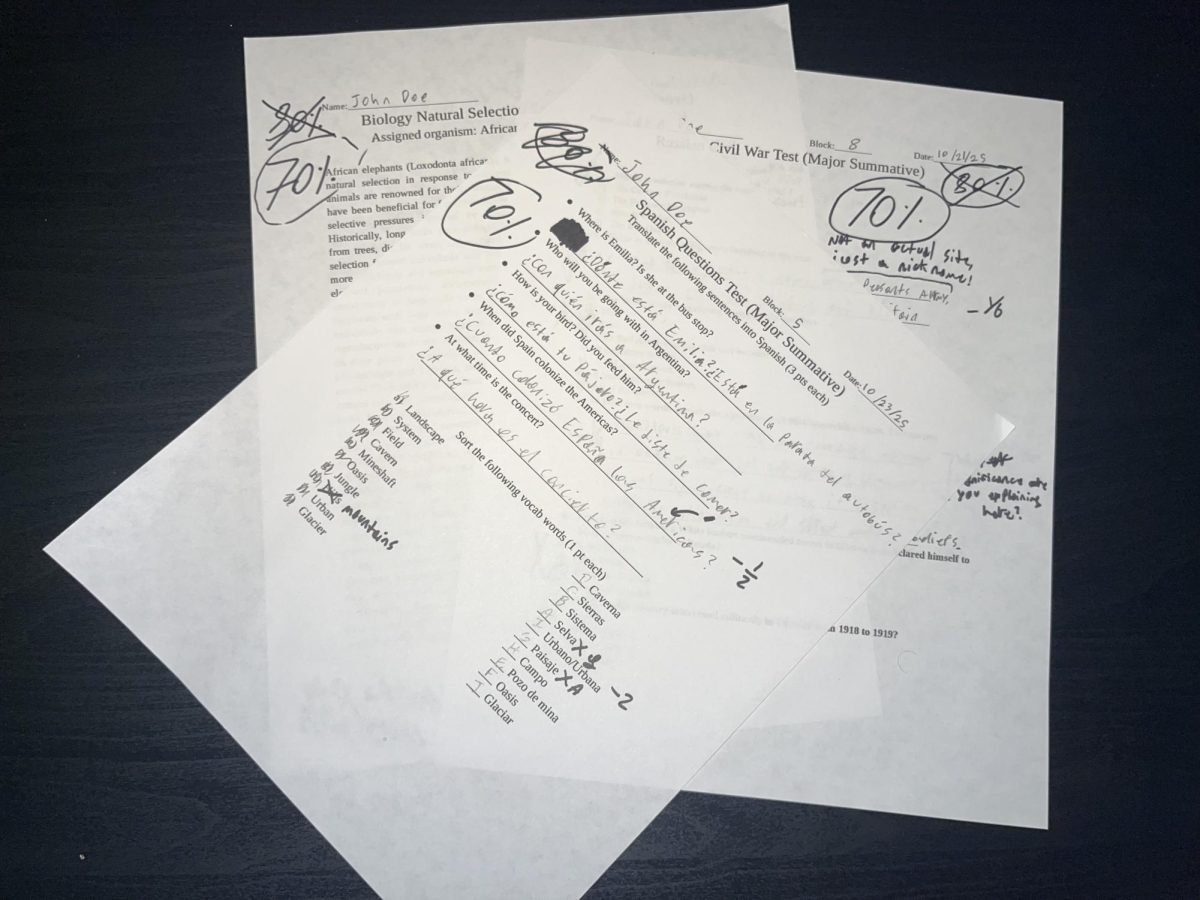




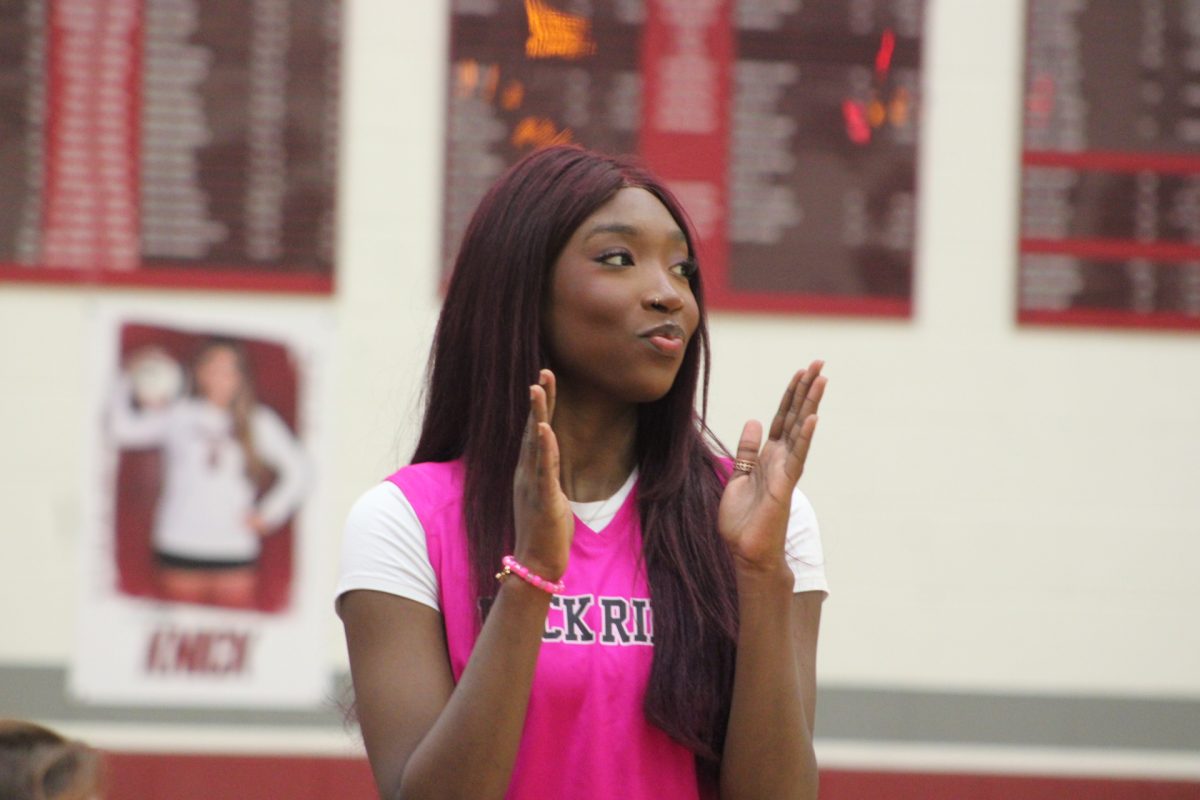








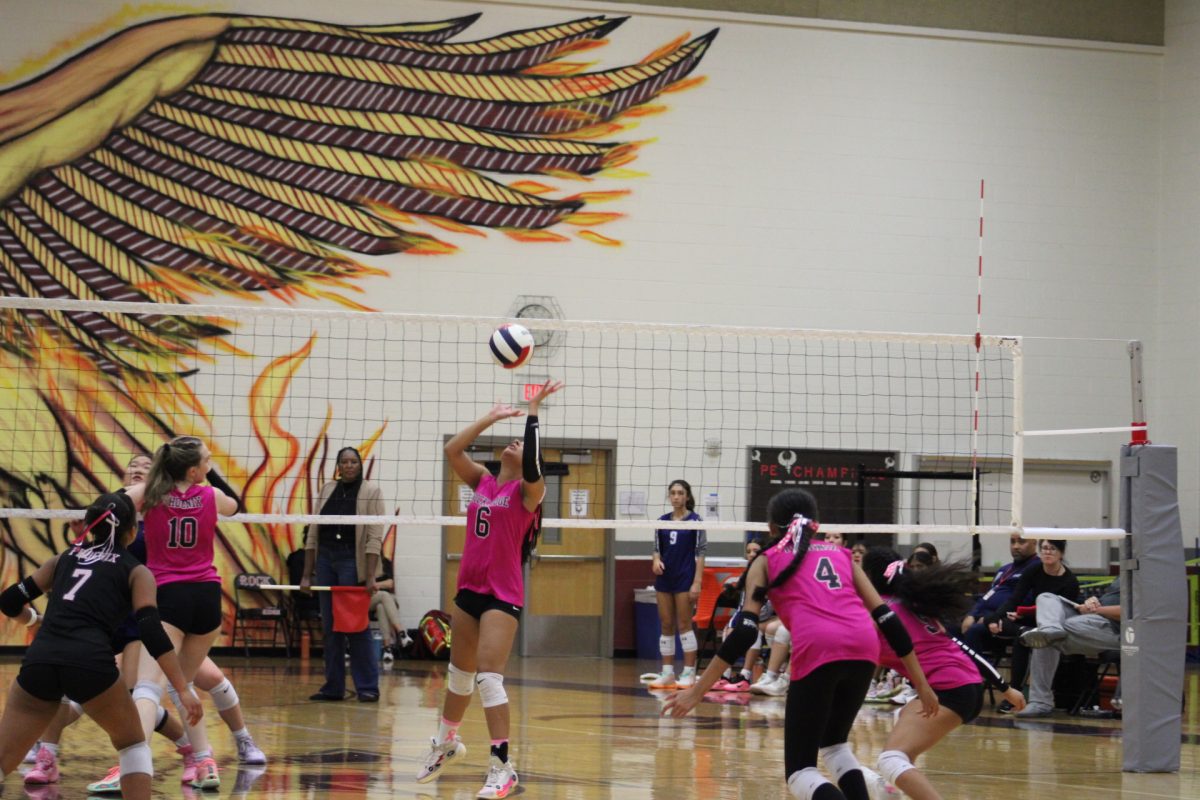








![The Phoenix varsity volleyball team lines up for the national anthem. “We were more communicative [with each other] during this game, and I feel like we kept our energy up, especially after the first set,” senior Jessica Valdov said.](https://theblazerrhs.com/wp-content/uploads/2024/10/DSC_0202-1200x800.jpg)










![Junior Alex Alkhal pitches the ball. “[I] just let it go and keep practicing so we can focus on our goal for the next game to get better as a team,” Alkhal said.](https://theblazerrhs.com/wp-content/uploads/2025/05/DSC_0013-1-1200x929.jpg)


